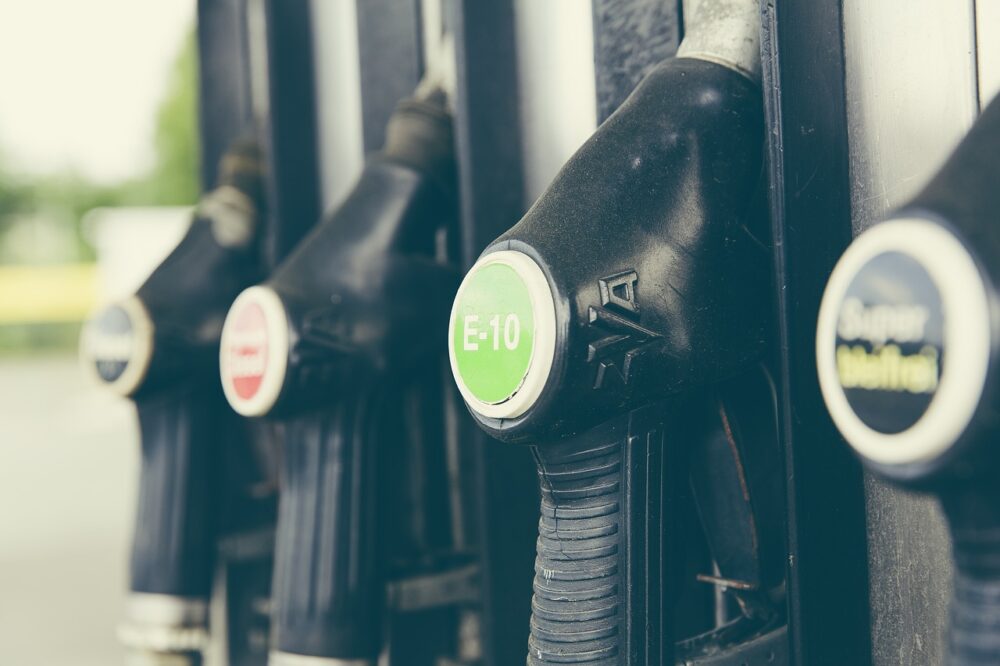Fuel Efficiency in Times of Rising Fuel Prices in the UK

In the current economic climate of the United Kingdom, where petrol and diesel prices have surged beyond precedent, motorists are increasingly feeling the pinch. With prices exceeding 150p per litre for the first time since early 2023, car owners are exploring ways to mitigate the impact of these soaring costs on their household budgets. While electric vehicles (EVs) represent a long-term solution for eco-friendly and cost-effective transportation, the high upfront cost of EVs makes them an inaccessible option for many. In this context, improving fuel efficiency, particularly through the use of more efficient fuel pumps, emerges as a more affordable alternative for those unable to invest in a new car.
The recent rise in fuel prices can be attributed to several factors, primarily the increase in crude oil prices due to production cuts by major oil-producing nations, including Saudi Arabia and Russia. This rise in prices is a significant concern for the average UK motorist, who is already grappling with other economic pressures. This situation is exacerbated by increased demand from countries like China and the US, pushing Brent crude oil prices to around $93 per barrel. The global economic landscape and geopolitical tensions contribute to this volatile situation, further complicating predictions about future prices.
In response to these challenges, experts suggest several strategies to improve fuel efficiency. Simple and effective measures, such as maintaining the car well, keeping tyre pressure optimal, and adopting a more fuel-efficient driving style, can significantly reduce fuel consumption. Additionally, modern vehicles equipped with advanced technologies offer better fuel management, which can help mitigate the impact of rising fuel costs. For instance, driving at excessive speeds is the largest factor affecting fuel consumption, and maintaining a steady speed and gentle acceleration can lead to considerable savings. This approach not only saves fuel but also contributes to safer driving habits, reducing the likelihood of accidents.
Moreover, the introduction of E10 petrol, a biofuel with a higher percentage of plant-based ethanol, aimed at environmental sustainability, has also affected fuel economy. Some motorists have reported a decrease in fuel efficiency with E10, leading them to opt for more expensive fuel types to maintain efficiency. This shift has sparked a debate about the trade-offs between environmental benefits and practical implications for motorists.
The impact of these rising costs is not just felt at the individual level but also affects the broader economic landscape. Businesses, particularly those reliant on vehicle fleets, face increased operational costs. This situation is evident from the fact that almost a quarter of van drivers have declined job opportunities due to the high cost of fuel making these jobs financially unviable. The cumulative effect of these rising fuel prices is a concern for the overall health of the UK economy, as it affects both individual consumers and businesses.
Central to vehicle fuel efficiency is the fuel pump, an essential component for delivering fuel from the tank to the engine. There are different types of fuel pumps, including diesel and petrol pumps, with common models being in-line and dispenser pumps. Older car models often used roller-cell and rotary pumps, while high-pressure situations call for trochoid pumps. These pumps usually feature a back-pressure valve to ensure consistent pressure and prevent cable breakage.
In light of these circumstances, the importance of fuel efficiency has never been more critical. The adoption of more efficient fuel pumps, which can maximise the fuel efficiency of vehicles, presents a viable long-term solution for car owners. While the initial investment in a more efficient fuel pump may seem substantial, the potential savings in fuel costs over time could be significant, especially considering the current trajectory of fuel prices.
Fuel pump defects are not uncommon and can lead to mechanical damage, often identifiable by a loud noise from the pump. Issues that arise when the engine is warmed up typically indicate pump damage, as pressure drops after the engine is switched off. Common problems also include obstructed fuel filters or issues with the inlet manifold. Regular checks and maintenance, such as inspecting the fuel filter and replacing sealants when substituting the pump, are crucial for preventing extensive car damage and ensuring optimal fuel efficiency.
In conclusion, amidst rising fuel prices in the UK, car owners are advised to focus on fuel efficiency as a key strategy to manage their expenses. While electric vehicles are an excellent long-term solution for reducing fuel costs and environmental impact, their high initial cost may not be feasible for everyone. In such cases, employing efficient fuel pumps, alongside adopting fuel-efficient driving habits and regular vehicle maintenance, offers a more immediate and affordable alternative. These measures can play a crucial role in offsetting the impact of rising fuel costs and are essential for motorists looking to navigate this challenging economic landscape.
Sources: